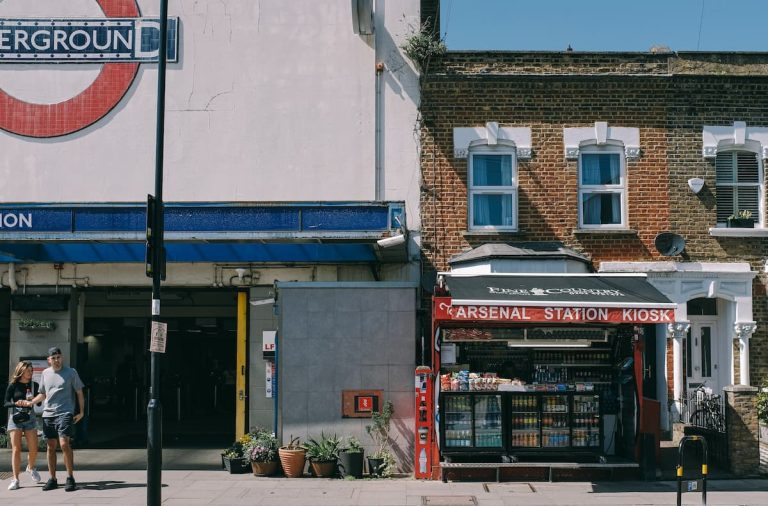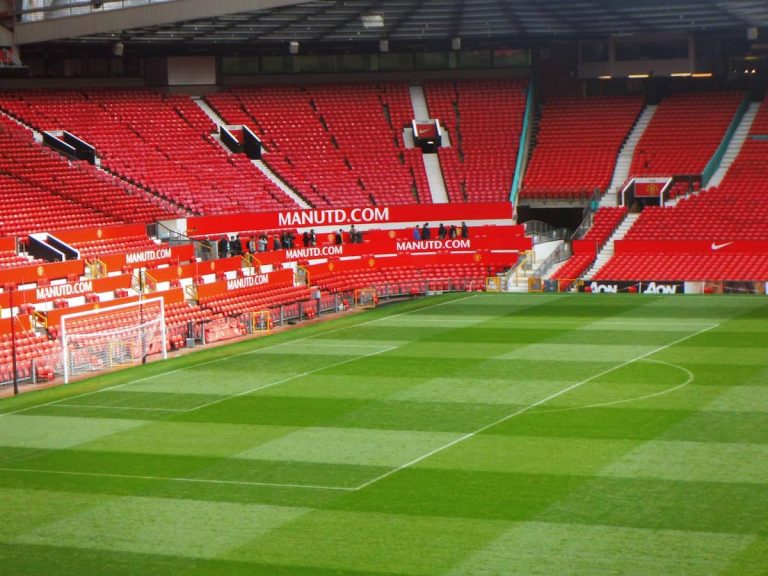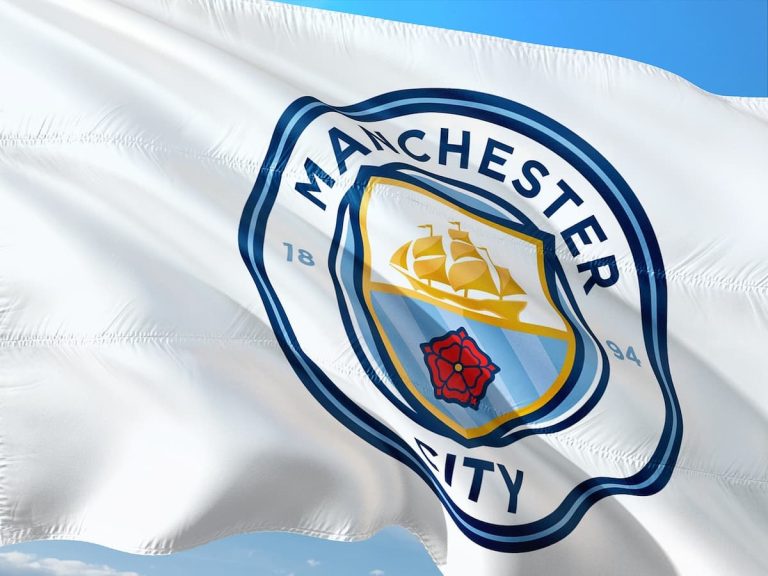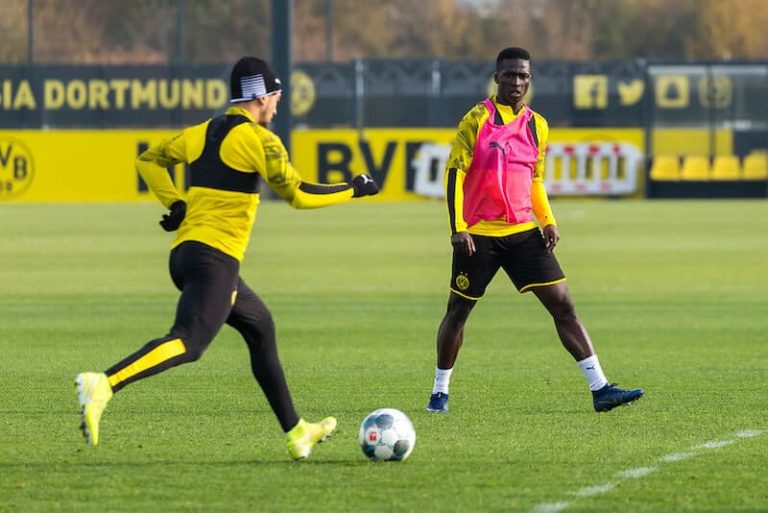What Does Parking the Bus Mean in Football?
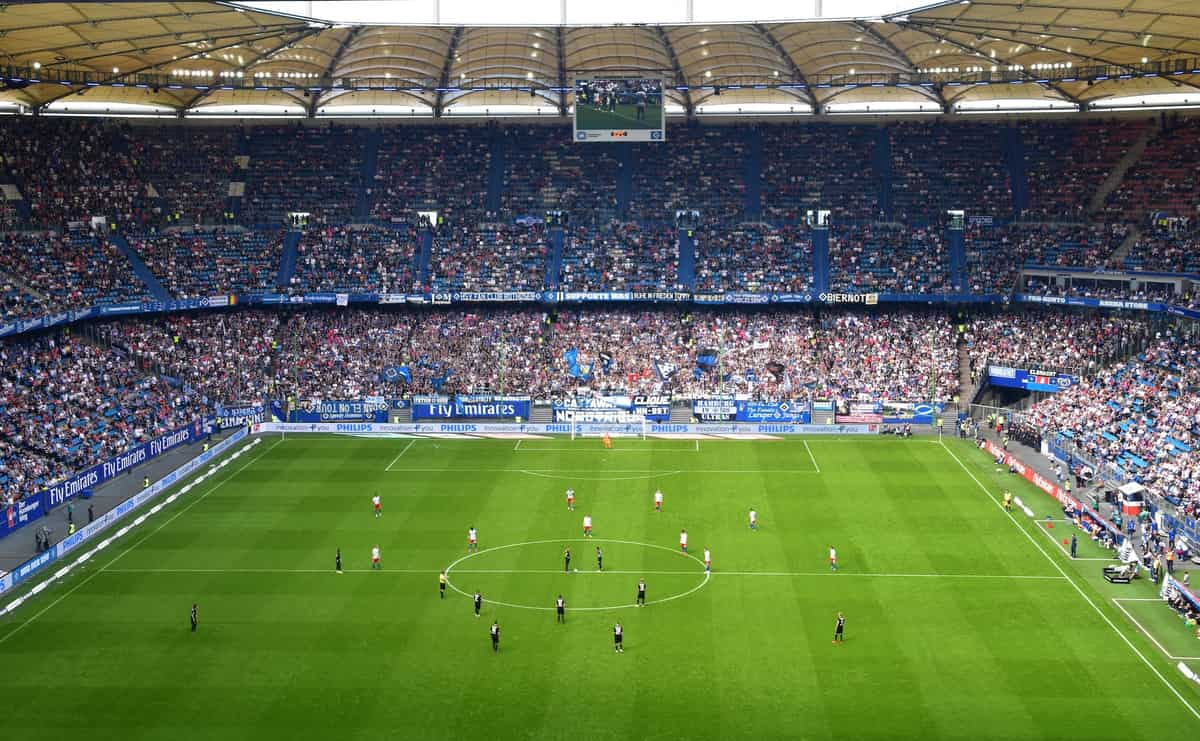
You may have heard the term ‘parking the bus’ when watching football with friends or when listening to football pundits. But what does parking the bus mean in football? In this Elastico article, we’re going to explain what this term means and how it applies to modern football.
Table of Contents
What Does Parking the Bus Mean?
Parking the bus is when a football team plays ultra defensively by having almost all of their players in their own half. When parking the bus, a team doesn’t aim to put any attacks together.
This style of playing football is really defensive but, like every other style, has advantages and disadvantages. Parking the bus has been around for many years, with some teams starting matches this way, while others choose to adopt this style midway through a match.
Examples of some teams that have been known for parking the bus are Atlético Madrid under Diego Simeone, José Mourinho’s Chelsea and Sean Dyche’s Burnley.
Where Did the Term ‘Parking the Bus’ Come From?
When asking, ‘What does parking the bus mean in football?’, we should discuss where the term originates from.
The term ‘parking the bus’ was famously created by none other than José Mourinho. In September 2004, his Chelsea side played Tottenham Hotspur at Stamford Bridge. After a 0-0 draw, Mourinho was outraged at Spurs lack of attacking intent.
He claimed that “Tottenham might as well have put the team bus in front of their goal” and from there, the term was born. The ironic thing is that in time, Mourinho became one of the main coaches to adopt this style of play.
Why Do Football Teams Park the Bus?
There are many reasons why football teams park the bus during a match. These reasons range from absorbing pressure to defending a lead.
To Absorb Pressure
One of the main reasons why football managers drill their teams to park the bus is to absorb pressure. This is usually the case when a team is playing a much better opponent. For example, many teams would’ve visited Pep Guardiola’s Barcelona with the intention to absorb pressure.
It was widely known that Barcelona enjoy having possession, and are incredibly good at keeping it. In order to have any chance against them, teams would park the bus and rely on counter-attacks to have a chance of getting something out of the game.
The hope for the visiting team is that by absorbing pressure, Barcelona would become frustrated if they are unable to break down the block and find spaces to attack. This would hopefully lead to Barcelona making mistakes that the visiting team could try and exploit.
To Defend a Lead
Another reason why football teams park the bus is to defend a lead. Many teams won’t start a football match with the intention of parking the bus, but if they take the lead, they might adopt this approach. Grinding out 1–0 and 2–0 wins is a very successful method for some teams.
A team might start the game by playing more attacking, committing more players up the pitch. This could result in them taking the lead. Some coaches would then instruct their sides to park the bus in order to protect their lead.
Getting more players behind the ball will hopefully minimise the chances created by their opponents. If done well, the losing team would be unable to score any goals and the team parking the bus would successfully protect their lead and claim all three points.
To Counter Attack
Depending on the skill set of the players in the squad, some teams park the bus specifically to counter-attack. A team that has skilful, pacey wingers in their ranks can easily hurt teams on the counter-attack, meaning that parking the bus might suit them well.
Pace and trickery are two great attributes for a counter-attacking style of play. These types of players can help their team turn defence into attack extremely quickly and without them, counter-attacking would be pretty difficult.
Because a Player Has Been Sent Off
Parking the bus is common when a team has a player sent off during a match. Because of the numerical disadvantage, it makes sense for the team with fewer players to try and become as compact as possible, especially if they are winning the game.
When a player is sent off, the manager is also likely to take off an attacking player and replace them with a more defensive player. This can aid parking the bus and bring some defensive solidity to the team with the numerical disadvantage, helping them to try and grind out a win or draw.
To Exploit an Opponent’s Weaknesses
The reason why so many teams have parked the bus against a team like Barcelona over the years is to try and exploit their very few weaknesses and give themselves a chance to take something from the game.
Barcelona enjoy playing lots of short passes, allowing them to build up the play and eventually finish chances from short range. By parking the bus, it’ll be more difficult for Barcelona to do this, as the opposing team will aim to be compact and resolute.
This means that Barcelona are likely to take shots from distance, which isn’t one of their greatest strengths, or they’ll have to try and put crosses in and win aerial duels. This, again, is something that they’re not the best at.
Their final hope would be to pass the ball to Lionel Messi and hope he can dribble through the majority of the opposition’s players. Messi is one of the best footballer players ever, but even this is a tough ask by all accounts.
By not letting a team play their own game, parking the bus becomes a potentially effective style of play in some matches.
Which Formations Work Best For Parking the Bus?
4-4-2
By far the best formation for parking the bus is the classic 4-4-2. When used correctly, this formation can make a team really compact and impenetrable. Burnley are a great example of this, utilising the formation for many years in the Premier League under Sean Dyche. See our diagram below:
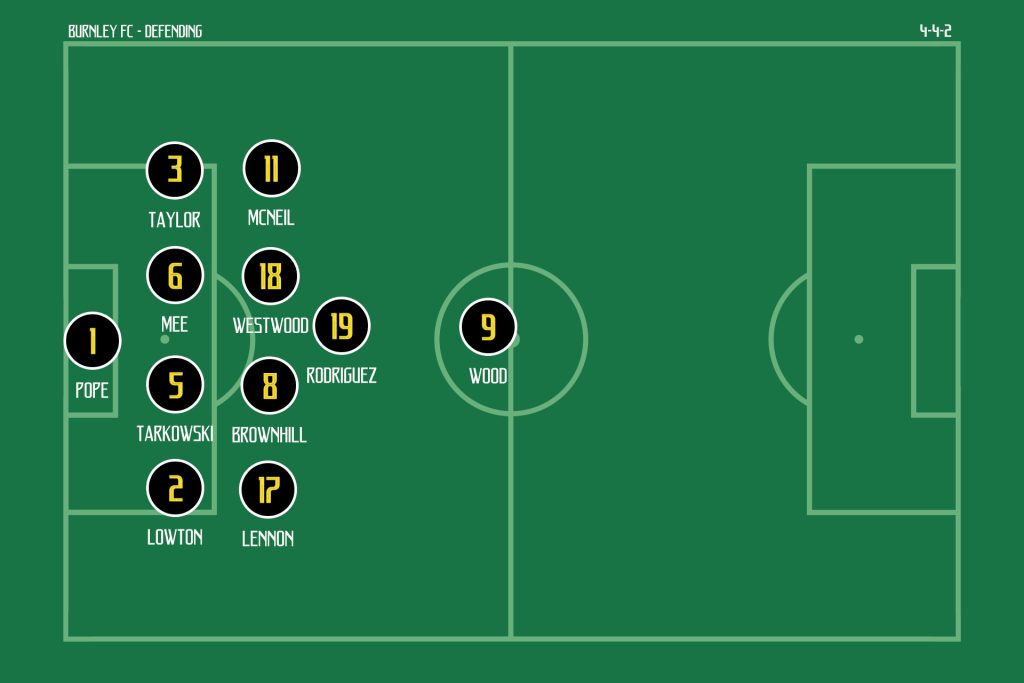
Burnley FC – Defending (Source – The Elastico)
4-2-3-1
Another great formation for parking the bus is the 4-2-3-1. In this example, it’s likely that the lone striker would remain somewhere near the half way line as a single outlet.
The remaining 9 players can easily become compact in this formation, which is similar to the 4-4-2. The double pivot will already have the role of protecting the back four, which suits parking the bus well.
Advantages of Parking the Bus
Frustrates Good Teams
Parking the bus against good teams can be an incredibly effective tactic. Over the course of 90 minutes, good teams can lose their patience and make irrational decisions on the pitch, leaving gaps in their play and conceding opportunities to the other side.
Sometimes parking the bus is the only obvious way to play against those elite teams such as Pep Guardiola’s Barcelona and Manchester City sides.
Improves Discipline and Communication
Another advantage of parking the bus is that it improves discipline and communication. Being resolute and impenetrable is no easy feat, it requires determination and incredible focus throughout a football match.
Communication has to be clear and consistent between players, too. Staying in this compact shape requires constant communication, as the attacking team will try to lead players astray in order to create spaces.
Disadvantages of Parking the Bus
Boring to Watch
The main downside to parking the bus is that it is really unattractive football to watch. Fans aren’t going to entertain this style of play for long, as they’ll be paying to watch boring, uninspiring football.
Football managers who park the bus often will have to be careful with how it is received by their fanbase. At the end of the day, it’s a results business, so if they are winning games regularly, their fans aren’t going to ask too many questions. This can change pretty quickly, though.
Hard to Take the Lead
If you’re starting a football match with the intention to park the bus or play particularly defensively, you’ll find it hard to take the lead. This is a big disadvantage as the other team will have most, if not, all the ball and any chances will more than likely come their way.
Can You Win a Football Match by Parking the Bus?
Yes! If carefully executed, parking the bus can help teams win a football match against the best sides in the world. Plenty of teams have been successful doing this, including Chelsea and Inter Milan under José Mourinho.


